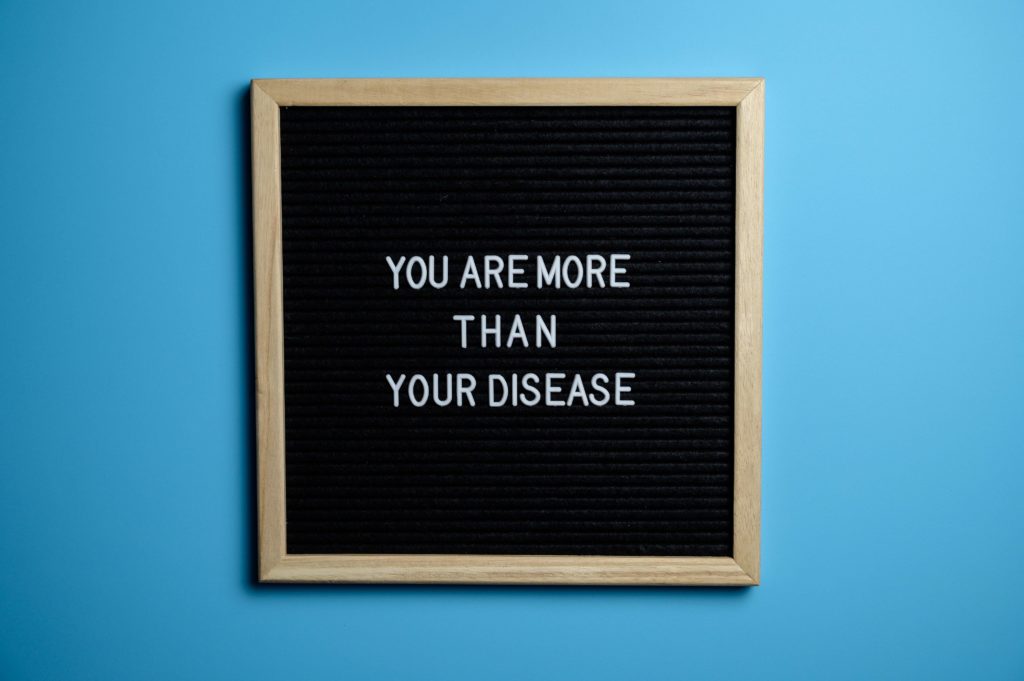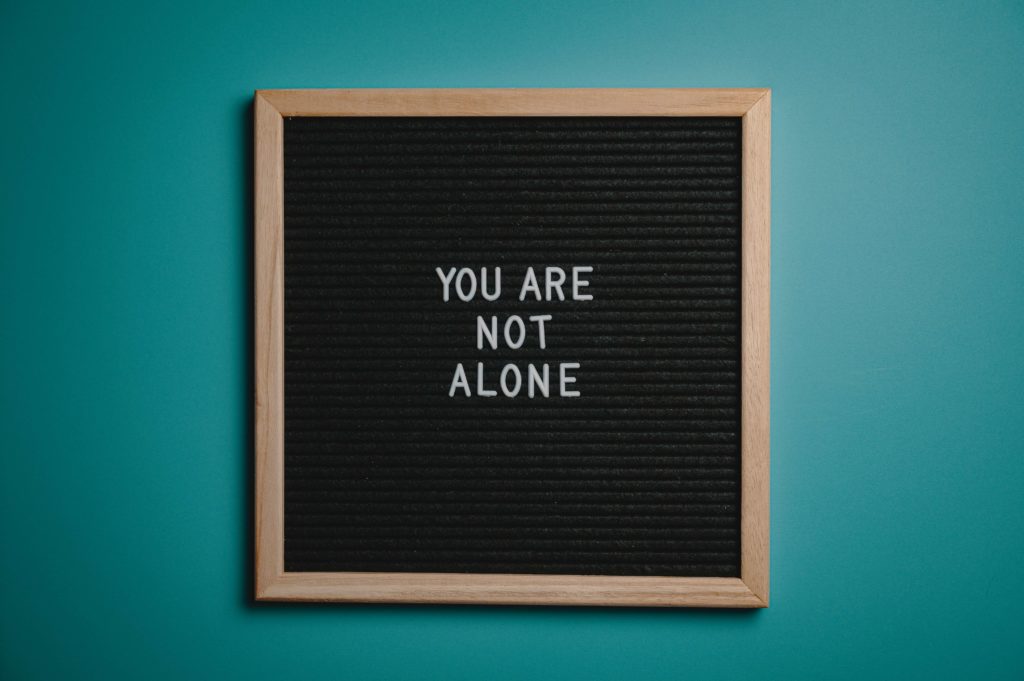Introduction
Narcissists. They’re the life of the party, the center of attention, the ones who always seem to know exactly what to say and do to look good. Behind closed doors.
However, their true colors begin to emerge, and it’s not always pretty. Narcissists can be extremely damaging to families, and we’ll look at how they do it in this post.
First and foremost, let us define a narcissist. A narcissist is someone who has an inflated sense of self-importance, a constant need for admiration, and a lack of empathy for others, according to the Diagnostic and Statistical Manual of Mental Disorders.
In other words, they are only concerned with themselves and are unconcerned about how their actions affect those around them.

So, how do narcissists destroy families? For starters, they can make family members feel unimportant and worthless. Narcissists are always the center of attention, and they will go to any length to maintain that position, even if it means putting others down.
They’ll make scathing remarks, pick favorites, and make it abundantly clear that they’re the only one who matters. This can cause family members to feel inadequate and have low self-esteem, making it difficult for them to function and be happy.

Another way narcissists destroy families is by constantly seeking control. Narcissists want everything to be perfect, and they will go to any length to ensure that everything is under their control.
They will micromanage, make decisions without consulting others, and expect everyone to agree with them.
This can create a toxic family dynamic in which everyone walks on eggshells, afraid to speak up or disagree with the narcissist.
Narcissists are expert manipulators who will use this skill to get what they want from family members. They’ll make unfulfilled promises, play the victim, and use guilt and shame to exert control over others.
They’ll make family members feel as if they owe them something, and they’ll take advantage of this to get what they want. This can result in a family where everyone is constantly doing things for the narcissist, and no one is looking after themselves.

One of the most damaging characteristics of narcissists is their complete lack of empathy. They are unconcerned about how their actions affect others, and they are incapable of comprehending other people’s emotions.
As a result, everyone in the family may feel isolated and unsupported. If family members express their feelings, narcissists will make them feel crazy or overreact, and they will never accept responsibility for their actions.

All of these factors can contribute to a family that is tense, conflicted, and unhappy. Family members of narcissists may feel as if they are walking on eggshells, always afraid of saying or doing something that will set the narcissist off.
They have the ability to make family members feel inadequate and isolated in the world.

It’s critical to remember that not all narcissists are alike. Some people may be more subtle in their behavior than others. Some people have a tendency to manipulate and control others, while others are more concerned with their own self-aggrandizement.
However, regardless of the type of narcissist you’re dealing with, the consequences for the family can be devastating.
Another thing to remember is that it is not always the primary narcissist who causes problems in the family.
Secondary narcissists, or those influenced by the primary narcissist’s behavior, can also be problematic. These people may have adopted the narcissist’s toxic behavior without even realizing it.

It’s also important to remember that children of narcissists are especially vulnerable. They may feel as if they are always walking on eggshells, afraid of inciting their parent’s narcissistic rage.
They may also believe they are not good enough and struggle with low self-esteem as a result. It is critical for parents to be aware of these issues and to seek help if their child is experiencing difficulties.

So, what can you do if you live with a narcissist? The first step is to acknowledge that you are not alone. Narcissism is a real issue, and it is not something you can simply “get over.”
The second step is to establish boundaries. Narcissists will always test your boundaries, so know what you will and will not tolerate.
To protect yourself and your family from a narcissist, it is critical to educate yourself on the signs of narcissism and to establish boundaries. It is also critical to seek the assistance of a therapist or counselor who can assist you in navigating this difficult situation.
They can assist you in developing coping mechanisms and providing the support you require to get through this difficult time.


Finally, it is critical to look after yourself. Narcissists can be exhausting, so make time for yourself and do things that make you happy.
Living with a narcissist can be extremely difficult, but it does not have to be a life sentence. You can protect yourself and your family and make your home a safe and healthy place to live with the right approach and support.
Remember, you deserve to be part of a happy and healthy family, and you should not have to tolerate a narcissist’s toxic behavior.

Conclusion
Lastly, narcissists can be extremely harmful to families, so it’s critical to recognize the warning signs and take action to protect yourself and your loved ones.
Dealing with a narcissist can be difficult, but with a little knowledge and a lot of self-care, you can navigate this difficult situation and come out on the other side.
Remember, you deserve to be part of a healthy, happy family, and you should not have to tolerate a narcissist’s toxic behavior.

I want to extend a heartfelt thank you for taking the time to read this blog post. I hope it was informative, insightful, and most importantly, useful to you. Mental health is an important topic that affects us all, and I’m grateful for the opportunity to share my thoughts with you.
If you have any thoughts or comments, I encourage you to leave them in the comment box below. Your feedback is essential to me and helps me create content that is tailored to your needs.
If you found this post helpful, please subscribe to my newsletter for more resources and updates on mental health. You can also reach out to me via email if you have any questions or just want to chat. Remember, taking care of your mental health is important, and you are not alone.
Leave a Reply